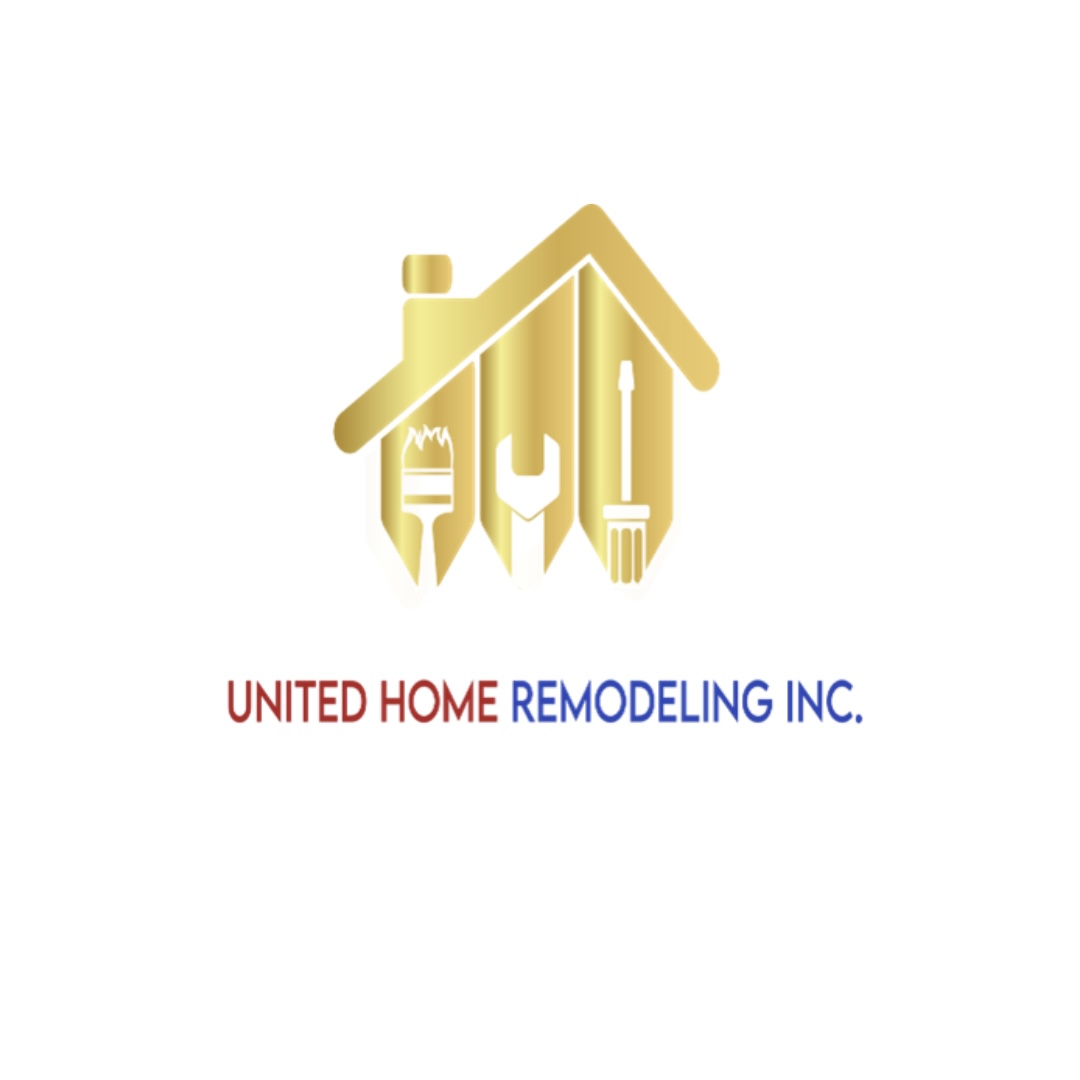
Understanding the Different Types of Air Conditioning Systems for Your Home
- United Home Remodeling Inc.

- May 27, 2025
- 2 min read
When it comes to keeping your home cool and comfortable, choosing the right air conditioning system is key. With several types available, each suited to different needs and home layouts, it can be confusing to know which one is the best fit for your space. Here’s a simple guide to the most common types of air conditioning systems to help you make an informed decision.
1.Central Air Conditioning
Central AC is the most common type of cooling system for larger homes. It uses a network of ducts to distribute cool air evenly throughout your house. A central unit usually sits outside and connects to an indoor air handler.
Best for: Whole-home cooling in homes with existing ductwork.
Pros: Consistent cooling, quiet operation, works well for large spaces.
Cons: Installation can be costly if ductwork needs to be added or repaired.
2.Ductless Mini-Split Systems
Ductless mini-splits consist of an outdoor compressor and one or more indoor air handlers mounted on walls or ceilings. They don’t require ductwork, making them a great option for homes without existing ducts or for cooling specific rooms.
Best for: Room-by-room cooling or homes without ducts.
Pros: Easy installation, energy-efficient, allows for zone cooling.
Cons: Higher upfront cost per unit for multiple rooms.
3.Window Air Conditioners
These compact units fit directly into a window or through a wall opening. They’re designed to cool a single room or small area.
Best for: Cooling individual rooms or small spaces.
Pros: Affordable, easy to install, good for renters or temporary use.
Cons: Can be noisy and less energy-efficient, blocks window view.
4.Portable Air Conditioners
Portable ACs are free-standing units that can be moved from room to room. They require a vent hose to exhaust hot air outside through a window or wall opening.
Best for: Temporary cooling or supplemental use in specific rooms.
Pros: Mobility, no permanent installation needed.
Cons: Less efficient, can be noisy, requires venting setup.
5.Hybrid Heat Pumps
Hybrid heat pumps combine a heat pump and a furnace. They can switch between electricity and gas heating depending on what’s most efficient, and also provide cooling in summer.
Best for: Homes in regions with varying seasonal temperatures.
Pros: Energy-efficient year-round, can reduce utility bills.
Cons: Higher upfront cost, requires professional installation.
Which System Is Right for You?
Choosing the right air conditioning system depends on your home’s size, layout, budget, and cooling needs. At United Home Remodeling Inc., we help homeowners assess their options and install systems that maximize comfort and efficiency.
Have questions or ready to upgrade your AC? Contact us today for expert guidance and quality installation services tailored to your home.
.webp)



Comments